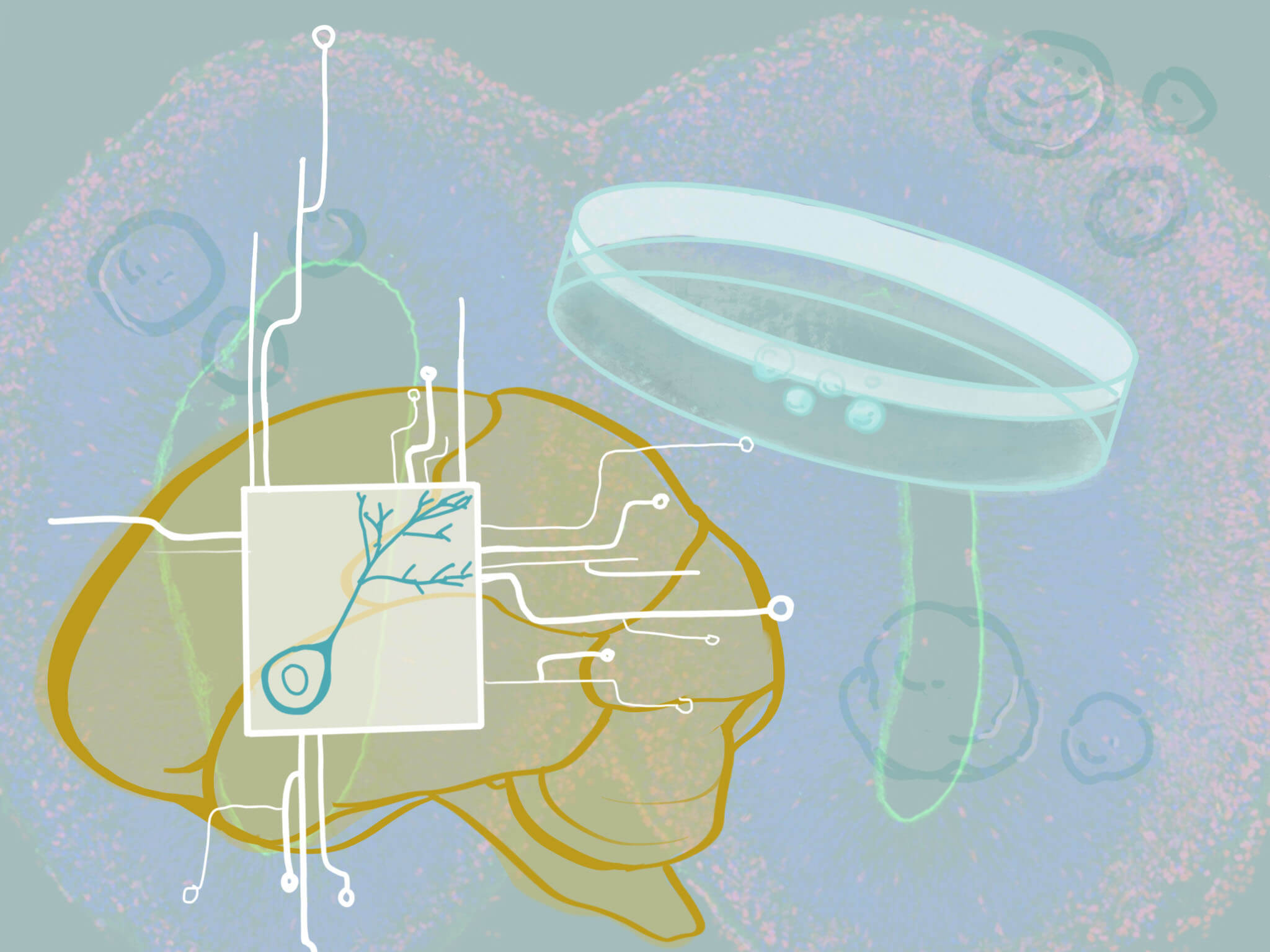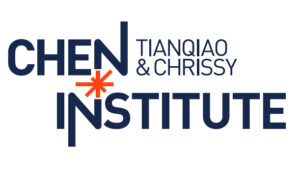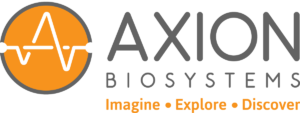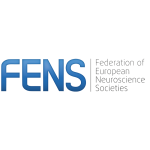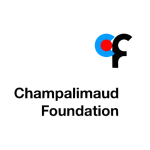Course overview
Recent advancement in the stem cell field has led to the development of novel 3D cell culture models called organoids that mimic cell type diversity and architecture during organogenesis. Brain organoids, derived from human embryonic stem cells or induced pluripotent stem cells, capture key features of the developing human brain, including stem cell pool expansion, neurogenesis, gliogenesis, synaptogenesis and cytoarchitecture formation with cellular diversity and complexity. Organoids can also be derived from patient tumor samples, such as glioblastoma, for modelling brain tumors. In less than a decade, brain organoids have already been shown to be an extremely valuable tool to understand the human brain, and novel insights have been gained in deciphering evolution, human-specific features related to the brain development and neurological diseases resulted from pathogen infection, environmental insult, or genetic mutations.
In this course, we will take a multi-disciplinary approach to show what we could learn from brain organoid technology and what the future holds. The keynote speakers are all leaders in the field and will showcase the most up-to-date knowledge of brain organoids.
Course directors
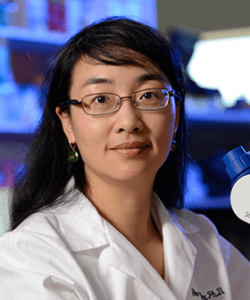
Guo-Li Ming
Course director
University of Pennsylvania, USA
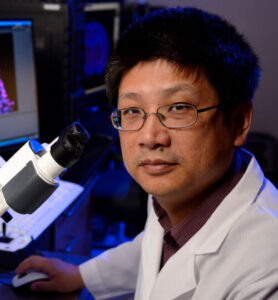
Hongjun Song
Co-director
University of Pennsylvania, USA
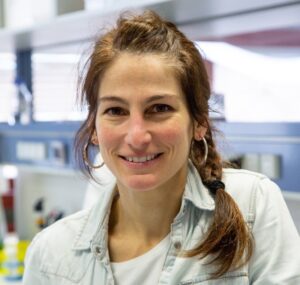
Marisa Karow
Co-director
Friedrich-Alexander University of Erlangen-Nürnberg, Germany
Keynote Speakers
Alex Baffet – Institute Curie, Paris, France
Gray Camp – Roche Institute, Basel, Switzerland
Silvia Cappello – MPI Psychaitry, Munich, Germany
Mike Karl – CRTD, Dresden, Germany
Agnete Kirkeby – reNEW, Copenhagen, Denmark
Jürgen Knoblich – IMBA, Vienna, Austria
Matthias Lütolf – Roche Institute, Basel, Switzerland
Abed Mansour – The Hebrew University of Jerusalem, Israel
Sergiu Pasca – Wu Tsai Neurosciences Institute, Stanford, US
Lorenz Studer – Memorial Sloan-Kettering Cancer Center, US
Barbara Treutlein – ETH, Zurich, Switzerland
Instructors
Giovanna Brancati – BSSE, ETH Zürich, Basel, Switzerland
Clarisse Brunet – Institut Curie, Paris, France
Maren Büttner – DZNE, Bonn, Germany
Francesco Di Matteo – Max Planck Institute for Psychiatry, Munich, Germany
Sarah Frank – FAU Erlangen-Nürnberg, Institute of Biochemistry, Erlangen, Germany
Federica Furlanetto – FAU Erlangen-Nürnberg, Institute of Biochemistry, Erlangen, Germany
Yan Hong – Perelman School of Medicine at the University of Pennsylvania, Philadelphia, USA
Richard O’Laughlin – Perelman School of Medicine at the University of Pennsylvania, Philadelphia, USA
Laura Pellegrini – MRC Laboratory of Molecular Biology, Cambridge, UK
Fides Zenk – BSSE, ETH Zürich, Basel, Switzerland
Ting Zhao – Perelman School of Medicine at the University of Pennsylvania, Philadelphia, USA
Course content
Topics & Techniques
The following techniques will be taught at the course:
• Generation of organoids and assembloids
• Organoids characterization
• CSF sampling from choroid plexus organoids
• Viral infection (transduction)
• Live-cell imaging (spinning-disk confocal microscope)
• Setting up of a microfluidic device
• Evaluation of the performance of microfluidic devices
• Extracellular multielectrode array (MEA) recordings
• FACS sorting
• Single cell RNA sequencing
• Generation of retina organoids
• Single cell analysis
• SCANPY framework
• Confocal microscopy
• Surgical procedure of organoid transplantation
• Animal perfusion
• Immunofluorescence
• Image analysis
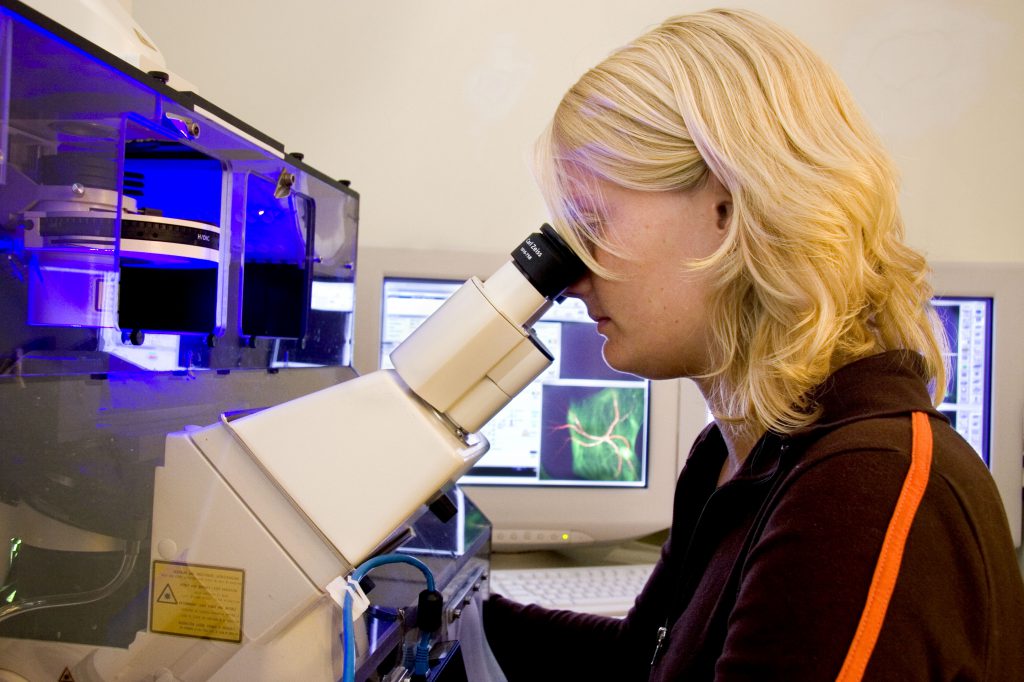
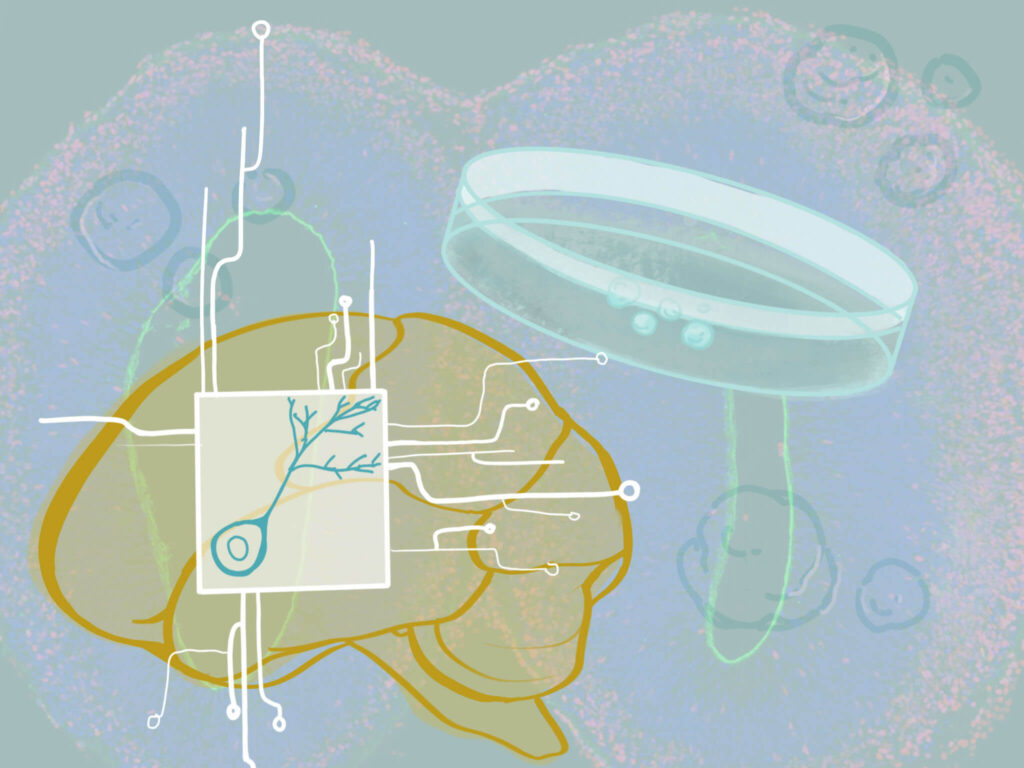
Projects
Project 1: Generation and characterization of brain organoid of different regional identities and assembloids derived
Project 2: Microfluidic methods for patterning brain organoids
Project 3: Different approaches to perform Electrophysiological recordings in mature human cerebral organoids
Project 4: Using single cell RNA sequencing to decipher cellular heterogeneity of cerebral organoids
Project 5: Transplantation of hPSC-derived brain organoids into mouse brain
Project 6: A sneak peek into retinal organoids
Project 7: Generation and characterization of specialized organoids: cerebral and choroid plexus organoids
Project 8: Revealing neuronal activity in brain organoids using microelectrode array (MEA)
Project 9: Single cell analysis in brain organoids
Project 10: Investigate the Neurogenesis of Transplanted Forebrain Organoids In Vivo with Immunostaining
Project 11: To Fate or Not To Fate: live-cell imaging of neural progenitor cells to study cell fate decisions in the human developing neocortex
Get more information on the projects in the projects list file below.
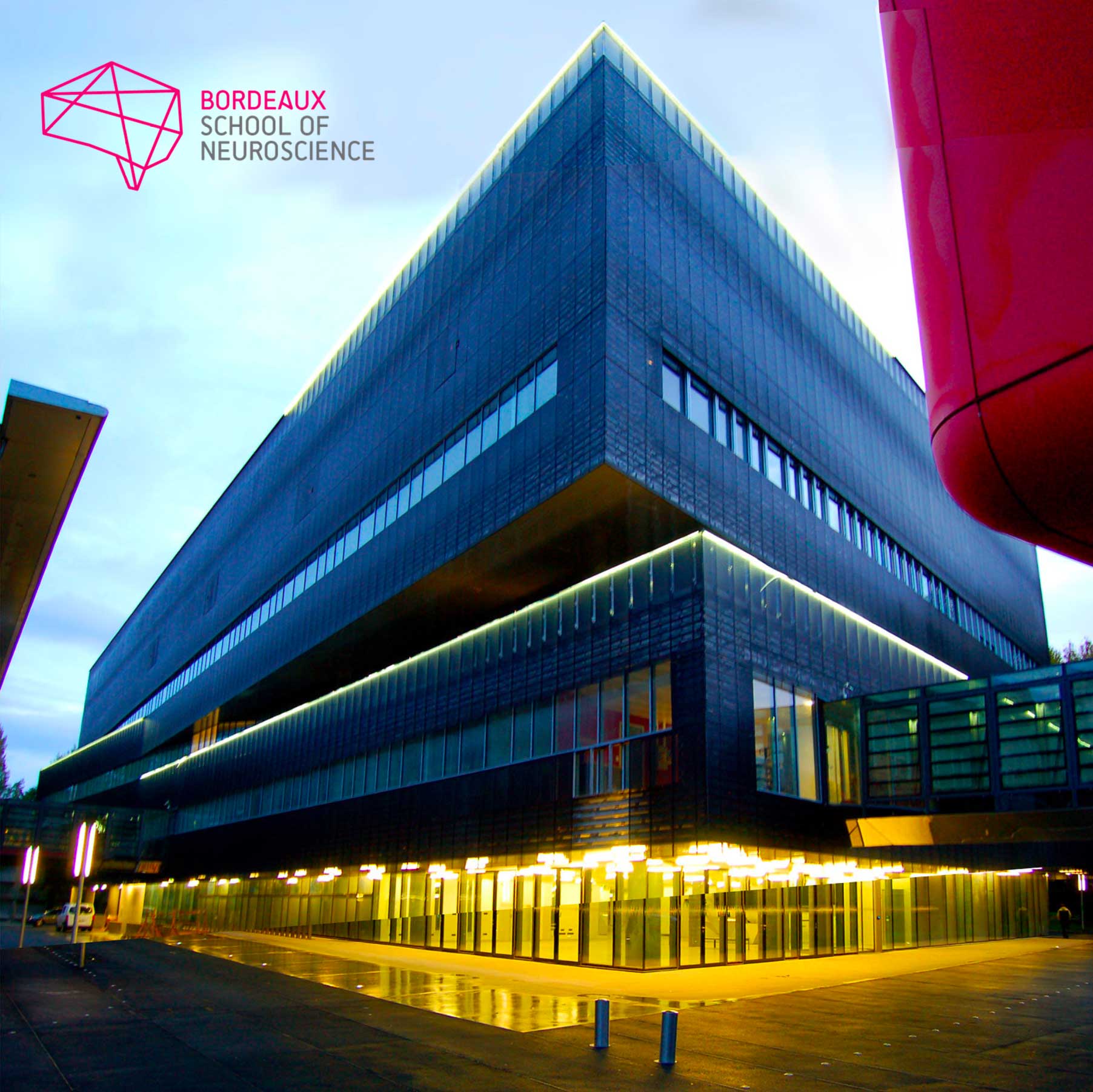
Bordeaux School of Neuroscience, France
The Bordeaux School of Neuroscience is part of Bordeaux Neurocampus, the Neuroscience Department of the University of Bordeaux. Christophe Mulle, its current director, founded it in 2015. Throughout the year, renowned scientists, promising young researchers and many students from any geographical horizon come to the School.
The school works on this principle: training in neuroscience research through experimental practice, within the framework of a real research laboratory.
Facilities
Their dedicated laboratory (500m2), available for about 20 trainees, is equipped with a wet lab, an in vitro and in vivo electrophysiology room, IT facilities, a standard cellular imaging room, an animal facility equipped for behavior studies and surgery and catering/meeting spaces. They also have access to high-level core facilities within the University of Bordeaux. They offer their services to international training teams who wish to organize courses in all fields of neuroscience thanks to a dedicated staff for the full logistics (travels, accommodation, on-site catering, social events) and administration and 2 scientific managers in support of the experimentation.
Registration
Fee : 3.500 € (includes tuition fee, accommodation and meals)
Applications closed on 30 May 2022
The CAJAL programme offers 4 stipends per course (waived registration fee, not including travel expenses). Please apply through the course online application form. In order to identify candidates in real need of a stipend, any grant applicant is encouraged to first request funds from their lab, institution or government.
Kindly note that if you benefited from a Cajal stipend in the past, you are no longer eligible to receive this kind of funding. However other types of funding (such as partial travel grants from sponsors) might be made available after the participants selection pro- cess, depending on the course.
Course sponsors
The Tianqiao and Chrissy Chen Institute is a science foundation dedicated to advancing our understanding of the full complexity of the brain and mind. The foundation’s mission is implemented through partnerships with world-leading universities and major scientific societies.
At Scientifica, we employ experience, collaboration, and superior design to empower you to discover the brain’s secrets and overcome neurological diseases. Our equipment is optimised for electrophysiology, multiphoton imaging and optogenetics studies.
Our highly qualified team provides first-class service and support, and our resources centre is packed with invaluable and educational content. Get in touch to see how we can help you achieve your research goals.

